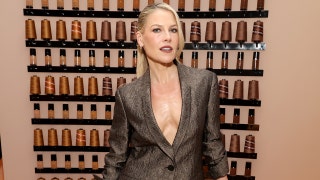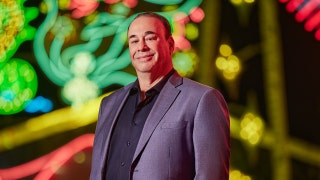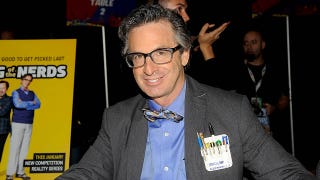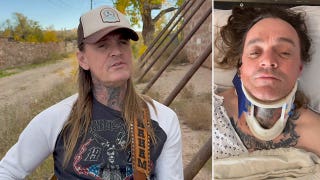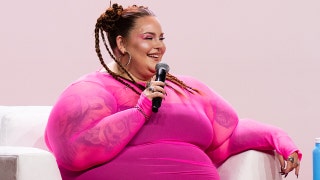Paula Abdul shares her love for country music
Paula Abdul presented album of the year at the CMA Awards and she explained to Fox News Digital why she’s a huge fan of the genre.
Paula Abdul has sued "American Idol" and "So You Think You Can Dance" executive producer Nigel Lythgoe for sexual assault, Fox News Digital confirmed on Saturday.
In a lawsuit filed on Friday in Los Angeles Superior Court, the 61-year-old singer alleged that Lythgoe, 74, sexually assaulted her twice during her stints as a judge on the reality competition shows, according to a copy of the complaint obtained by Fox News Digital.
"To say that I am shocked and saddened by the allegations made against me by Paula Abdul is a wild understatement, Lythgoe said in a statement to Fox News Digital. For more than two decades, Paula and I have interacted as dear – and entirely platonic – friends and colleagues."
He continued, "Yesterday, however, out of the blue, I learned of these claims in the press and I want to be clear: not only are they false, they are deeply offensive to me and to everything I stand for."
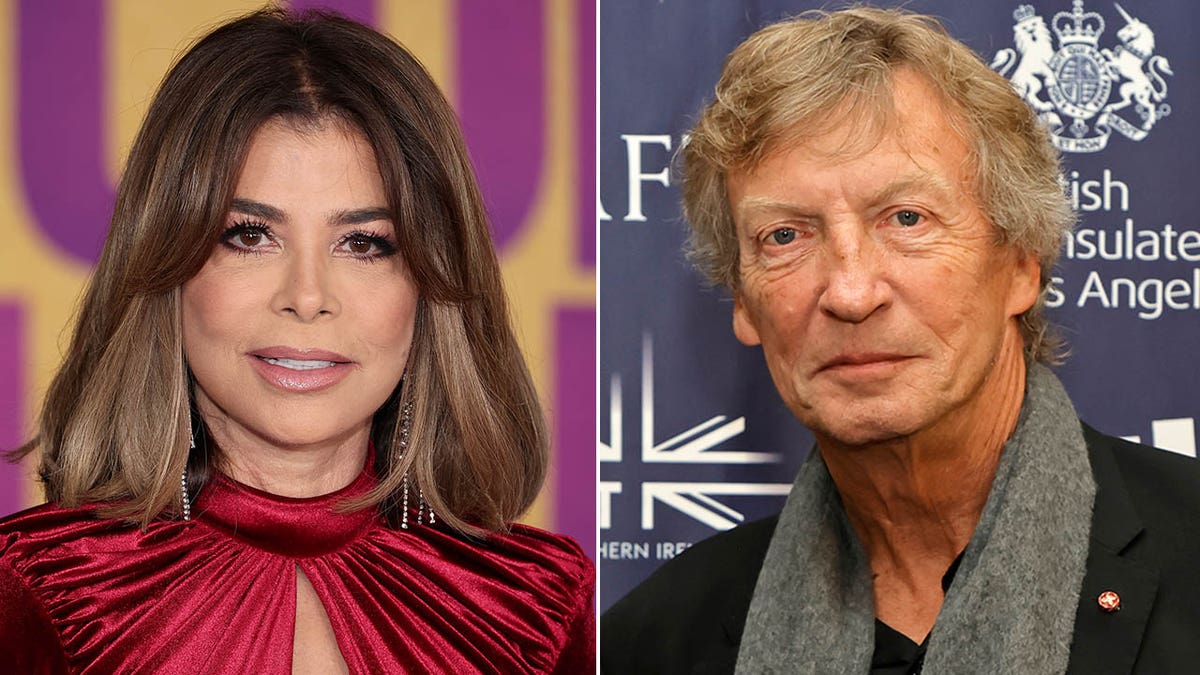
Paula Abdul accused "American Idol" and "So You Think You Can Dance" executive producer Nigel Lythgoe of sexual assault in a new lawsuit. (Getty)
"While Paula’s history of erratic behavior is well known, I can’t pretend to understand exactly why she would file a lawsuit that she must know is untrue. But I can promise that I will fight this appalling smear with everything I have."
In the lawsuit, Abdul claimed that the first alleged sexual assault incident occurred in an elevator during one of the "initial seasons" of "American Idol."
"Lythgoe shoved Abdul against the wall, then grabbed her genitals and breasts, and began shoving his tongue down her throat," the court documents read.
The lawsuit continued, "Abdul attempted to push Lythgoe away from her. When the doors to the elevator for her door opened, Abdul ran out of the elevator and to her hotel room. Abdul quickly called one of her representatives in tears to inform them of the assault."
Abdul was a member of "American Idol's" original judges' panel alongside Simon Cowell and Randy Jackson during the show's first eight seasons from 2002 to 2009. Lythgoe served as the showrunner of "American Idol" from 2002 to 2008.
He returned as an executive producer for the show's 10th season in 2010 but departed at the end of the 12th season in 2013. Lythgoe made another return to "American Idol" in 2016 to executive-produce the show's series finale.
Lythgoe co-created "So You Think You Can Dance" with "American Idol" creator Simon Fuller and served as a judge for the dance competition series' first 16 seasons from 2005 to 2019. Earlier this month, Entertainment Weekly reported that Lythgoe would return as a judge for the upcoming 18th season of "SYTYCD."
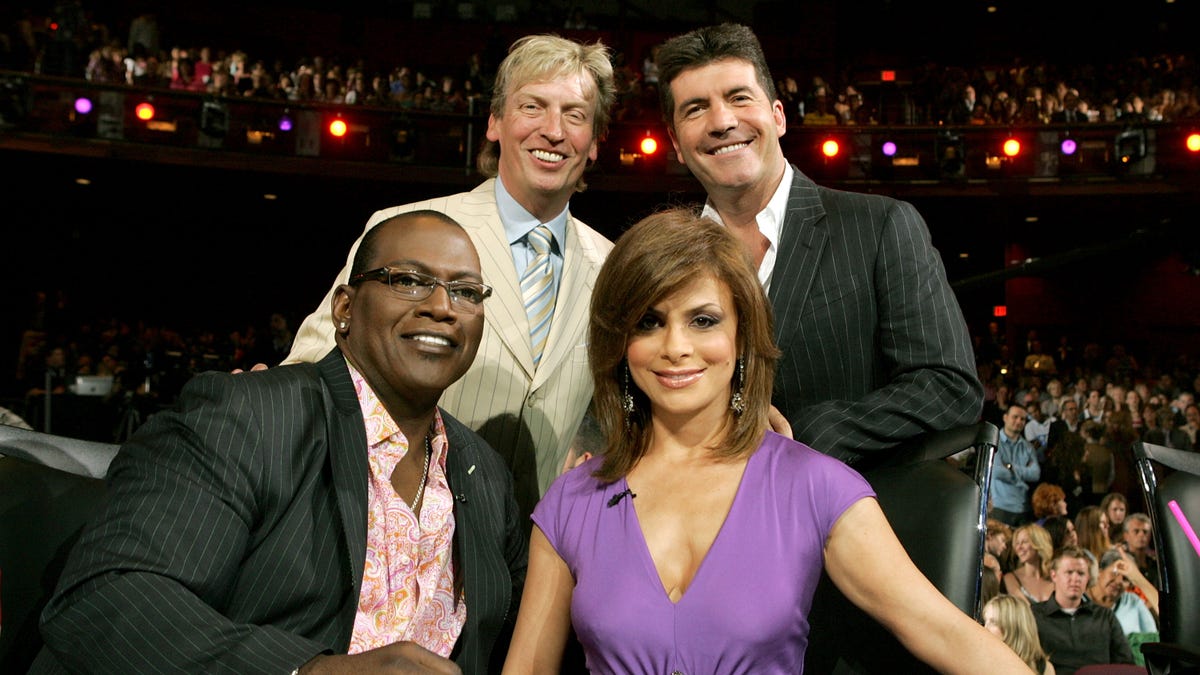
Abdul alleged that the first incident occurred during one of the "initial seasons" of "American Idol." (Kevin Winter/Getty Images)
Abdul served as a guest judge during the tenth season of "SYTYCD" in 2013 and became a permanent judge for seasons 12 and 13 in 2015 and 2016. She also was a member of the judges' panel for "So You Think You Can Dance Australia" during the show's fourth season in 2014.
In the filing, Abdul accused Lythgoe of sexually assaulting her for a second time while she was a judge on "SYTYCD" in 2015. The "Straight Up" singer alleged that the incident took place at his home after she had joined him for dinner. Abdul stated that she attended the dinner because she believed that Lythgoe had extended her a "professional invitation."
"Toward the end of the evening, Lythgoe forced himself on top of Abdul while she was seated on his couch and attempted to kiss her while proclaiming that the two would make an excellent ‘power couple,’" the lawsuit alleged.
LIKE WHAT YOU’RE READING? CLICK HERE FOR MORE ENTERTAINMENT NEWS
"Abdul pushed Lythgoe off of her, explaining that she was not interested in his advances and immediately left," the documents stated.

Abdul claimed that Lythgoe sexually assaulted her for the second time when she was a judge on "So You Think You Can Dance." ( FOX Image Collection via Getty Images)
In addition, Abdul accused Lythgoe of sexually assaulting one of her assistants during the production of "SYTYCD" in 2015. In the lawsuit, Abdul claimed that she witnessed an incident during which Lythgoe allegedly "pressed himself up" against her assistant and "began to grope her" without consent.
Abdul also accused Lythgoe of verbal harassment and bullying during her time on "American Idol." The choreographer alleged that she faced discrimination and received less pay than her male counterparts on the show.
CLICK HERE TO SIGN UP FOR THE ENTERTAINMENT NEWSLETTER
"For years, Abdul has remained silent about the sexual assaults and harassment she experienced on account of Lythgoe due to fear of speaking out against one of the most well-known producers of television competition shows who could easily break her career as a television personality and of being ostracized and blackballed by an industry that had a pattern of protecting powerful men and silencing survivors of sexual assault and harassment," the court documents stated.
Abdul claimed that Lythgoe "knew and was aware" that his actions and behavior toward her were "inappropriate and even criminal."
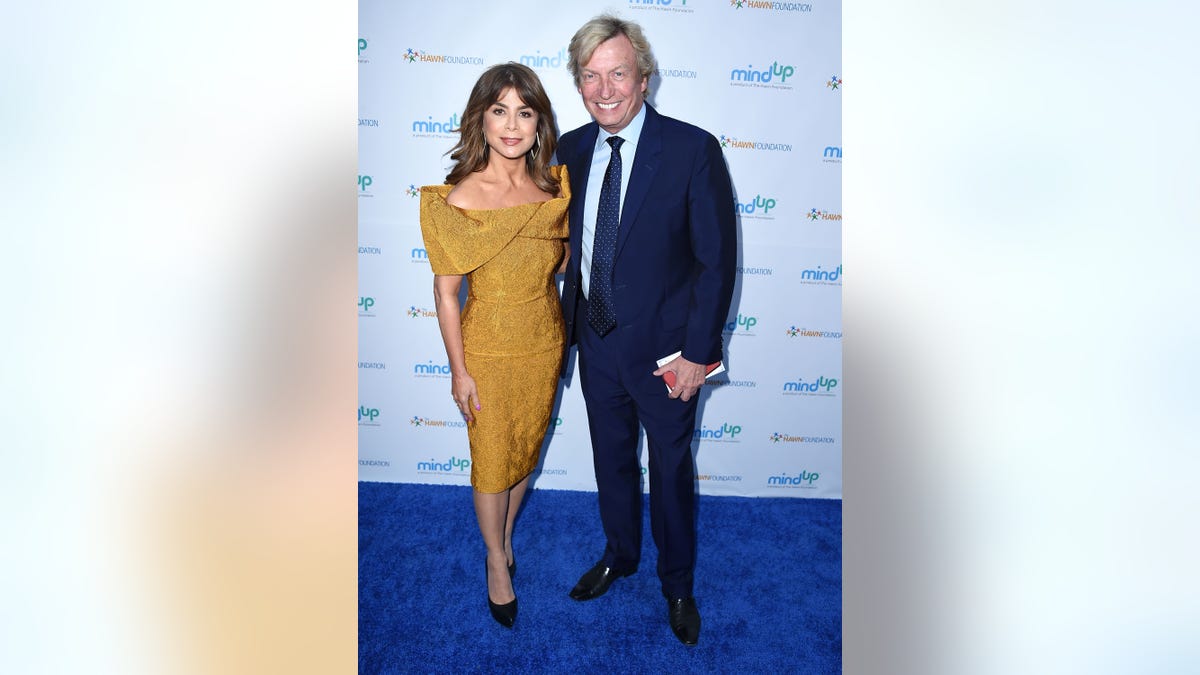
The singer also accused Lythgoe of sexually assaulting one of her assistants in 2015. ( Steve Granitz/WireImage)
In the court documents, the Grammy Award winner alleged that she received a taunting phone call from Lythgoe years after the incidents.
"Indeed at one point Lythgoe called Abdul and taunted her that they should celebrate because it had been ‘seven years and the statute of limitations had run,’" the lawsuit claimed. "Lythgoe clearly knew that his assaults of Abdul were not just wrong but that he held the power to keep her silent."
In addition to Lythgoe, the production companies behind "American Idol" and "SYTYCD" including American Idol Productions, Dance Nation Productions, 19 Entertainment and Fremantlemedia North America were also named as defendants in the lawsuit.
CLICK HERE TO GET THE FOX NEWS APP
The lawsuit was filed on behalf of Abdul by the Los Angeles-based firm Johnson & Johnson under California’s Sexual Abuse and Cover-Up Accountability Act. The law, titled AB 2777, extended the statute of limitations for civil suits in some sexual assault cases.
"AB 2777 was passed with the express purpose of giving voice to survivors of sexual abuse who had been pressured, coerced, or otherwise deterred from holding their abusers to account in the pre-MeToo era," said managing partner Douglas L. Johnson said in a statement to Fox News Digital. "We are proud to help provide Ms. Abdul with access to the courts and a megaphone for her story to be told."
"Ms. Abdul should be commended for the immense courage required to take action against the type of abuse that was inflicted upon her," Johnson added, "particularly when the alleged abuser is a figure so dominant in her profession. It was clearly a difficult decision to make, but Ms. Abdul knows that she stands both in the shoes and on the shoulders of many other similarly situated survivors, and she is determined to see that justice is done."


